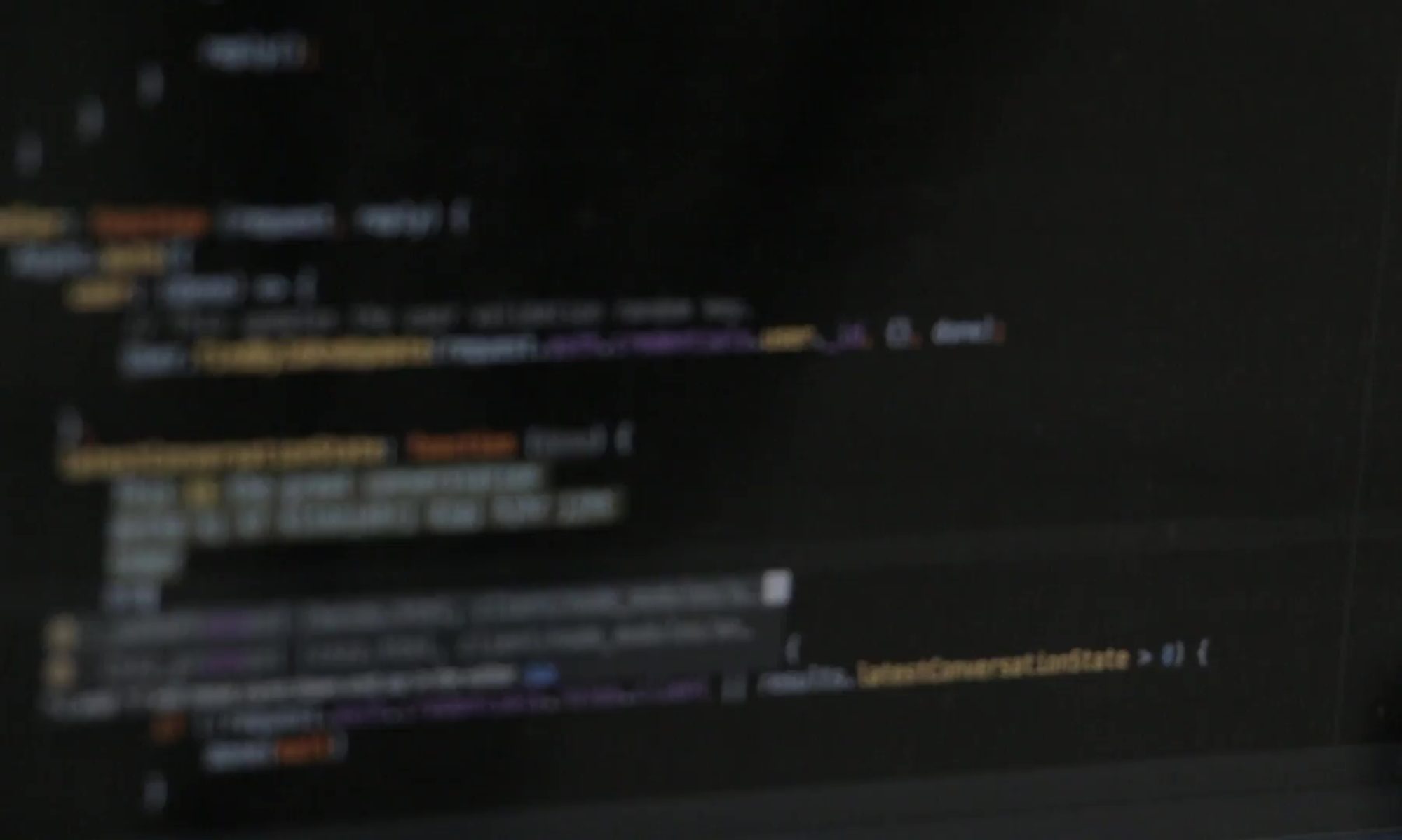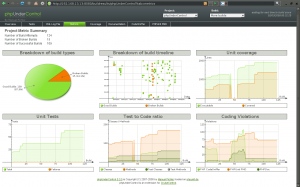ZendServer installs PHP CLI as part of the installation, and, as is customary for PHP 4.3+, includes a PEAR installer. It’s a good idea to install PEAR before installing PHPUnit as per the recommendation here.
- Open Zend\ZendServer\bin\go-pear.bat and change the line:
%PHP_BIN% -d output_buffering=0 -d PEAR\go-pear.pharto (see PHAR Runtime Configuration):%PHP_BIN% -d output_buffering=0 -d phar.require_hash=0 PEAR\go-pear.pharThis will stop the fatal error:phar...does not have a signatureas by default PHP will not process a PHAR archive without a signature. - Run go-pear.bat
For Windows 7, make sure you open the console as an administrator, or the installer won’t be able to create some folders in the default install locations. At the command prompt enter:
#cd \program files\zend\zendserver\binand you should get something like this (I selected the system-wide install and accepted the default locations):
# go-pear.bat
via Installing PHPUnit for PHP 5.3 on ZendServer | katsande.com.

